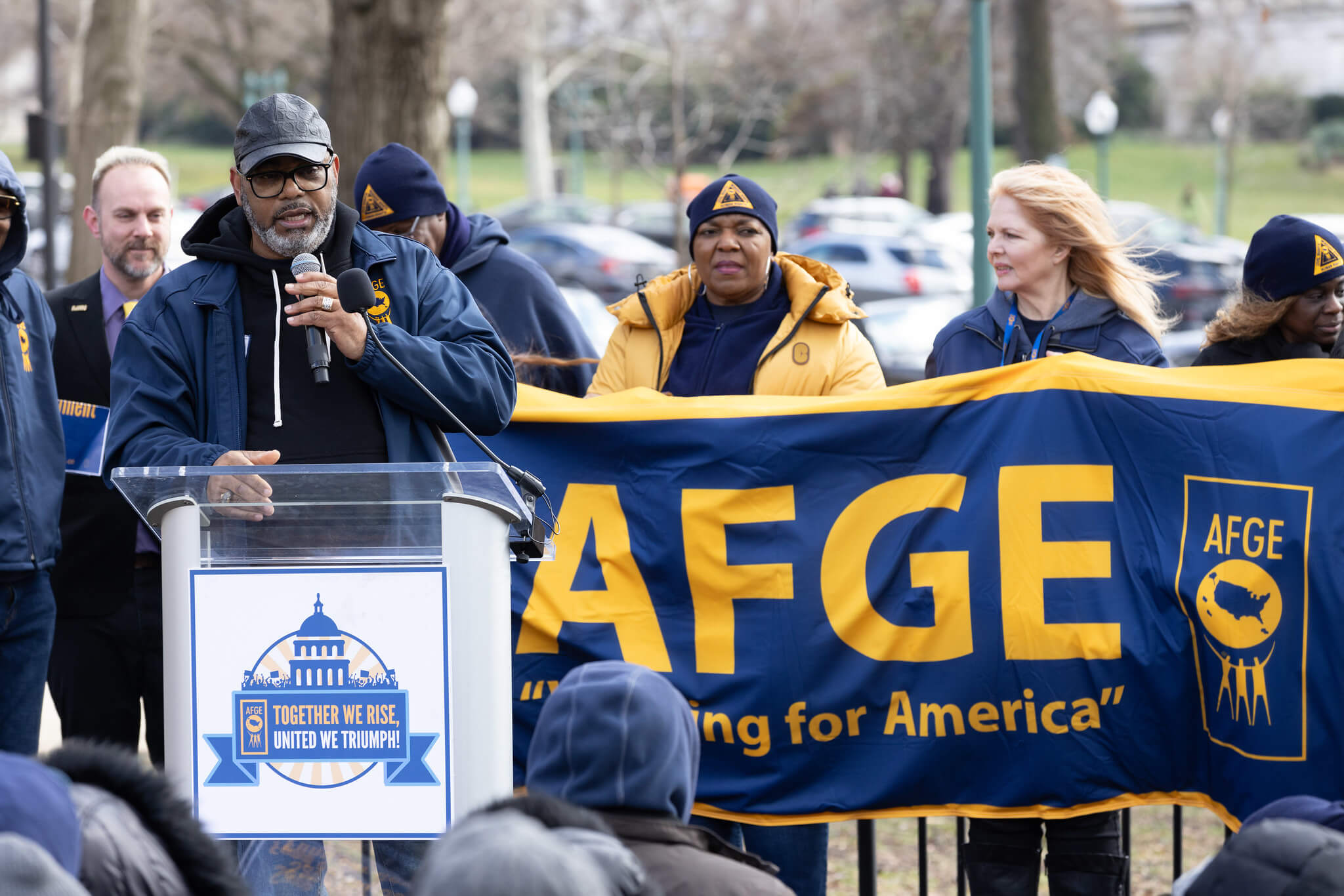CTA11: Compelled Production of Historical Cell Site Data Does Not Violate 4th Amendment
That is the essence of the Eleventh Circuit's en banc opinion in United States v. Davis. It was issued today, and opens as follows:
Appellant Quartavius Davis was convicted by a jury on several counts of Hobbs Act robbery, 18 U.S.C.
Published by The Lawfare Institute
in Cooperation With

That is the essence of the Eleventh Circuit's en banc opinion in United States v. Davis. It was issued today, and opens as follows:
Appellant Quartavius Davis was convicted by a jury on several counts of Hobbs Act robbery, 18 U.S.C. § 1951(b)(1), (3), conspiracy, id. § 1951(a), and knowing possession of a firearm in furtherance of a crime of violence, id. §§ 924(c)(1)(A)(ii), 2. The district court entered judgment on the verdict, sentencing Davis to consecutive terms of imprisonment totaling 1,941 months. In this appeal, we are called on to decide whether the court order authorized by the Stored Communications Act, id. § 2703(d), compelling the production of a third-party telephone company’s business records containing historical cell tower location information, violated Davis’s Fourth Amendment rights and was thus unconstitutional. We hold it did not and was not. Therefore, the district court did not err in denying Davis’s motion to suppress and we affirm Davis’s convictions. We reinstate the panel opinion, United States v. Davis, 754 F.3d 1205 (11th Cir.), reh’g en banc granted, opinion vacated, 573 F. App’x 925 (11th Cir. 2014), with respect to all issues except those addressed in Parts I and II, 754 F.3d at 1210-18, which are now decided by the en banc court.
Wells C. Bennett was Managing Editor of Lawfare and a Fellow in National Security Law at the Brookings Institution. Before coming to Brookings, he was an Associate at Arnold & Porter LLP.




